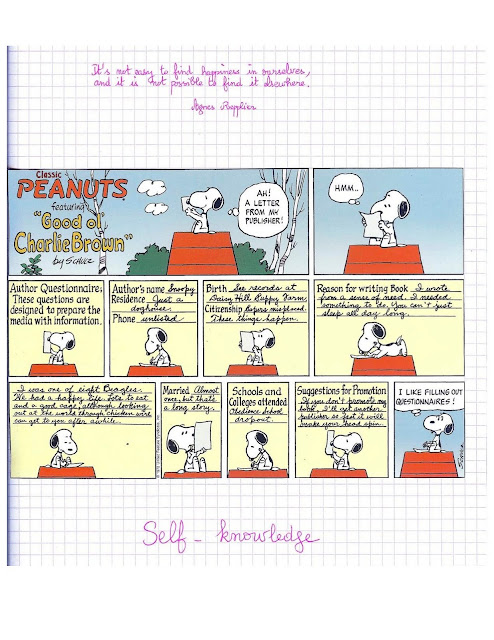Only through observing that which is mistaken can we come to the truth
Friday, December 31,2010
6:40 a.m.
Reading "The Poe Shadow" by Mathew Pearl (it reads like a Journal). New York Times best selling author of "The Dante Club".
Very old English, American, happening in the 19th Century in Baltimore, Maryland.
In those times, Quentin Clark says- there were just enough people in Baltimore that one could recall their names.
A long narrative in the first person tense, switching sometimes in the third person- a combination I like very well.

"The Poe Shadow" contains dozen of very interesting statements, and the English style used is of a higher caliber than the one of nowadays.
Today, there is something I must put on paper about TRUTH.
6:40 a.m.
Reading "The Poe Shadow" by Mathew Pearl (it reads like a Journal). New York Times best selling author of "The Dante Club".
Very old English, American, happening in the 19th Century in Baltimore, Maryland.
In those times, Quentin Clark says- there were just enough people in Baltimore that one could recall their names.
A long narrative in the first person tense, switching sometimes in the third person- a combination I like very well.
"The Poe Shadow" contains dozen of very interesting statements, and the English style used is of a higher caliber than the one of nowadays.
Today, there is something I must put on paper about TRUTH.
"Surely, truth is not for every one, as most people think they have it or desire it, and yet there are professors who daily overthrow each other's hypotheses.
So what is it for him, for our friend the Baron?"
So what is it for him, for our friend the Baron?"
"He is a lawyer. I suppose in law, truth is a practical matter, thus one finds the practice of indiscriminate advocacy on either side in which one is retained."
"Newspapers are quite mistaken about everything. If you should find one of the tenets of your religion in type on the sheet, it is likely time to reconsider your form of God-worship."
"But, monsieur! You have spent the better part of every day reading the newspapers at my library table! Why waste all that time?"
"You must notice their errors, Monsieur Clark, in order to advance the truth.
You have come closer to the truth by finding what is false."
Duponte was born as an analyst, a reasoner; I, an observer. Though it may occupy only a lower rund of the ladder of wisdom, observation requires practicality. Perhaps Duponte, and our investigations generally, needed a light shove toward the pragmatic.



Comments
Post a Comment